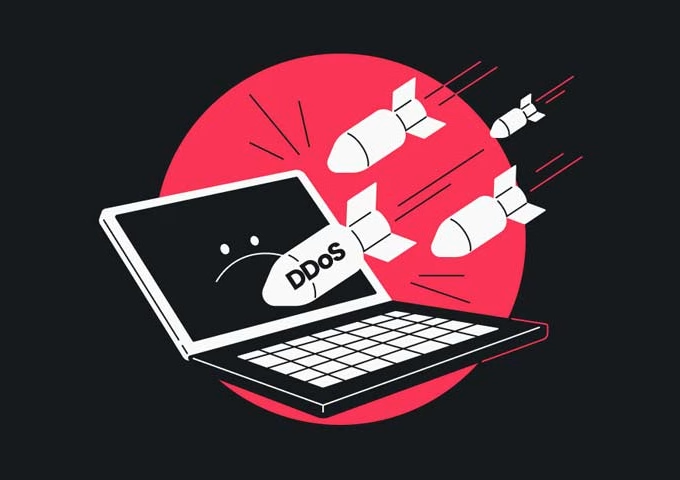Valuing a small business is a rather complicated procedure because it depends on many factors. And, of course, each side of the assessment wants to find its own benefit in this. Problems usually involve conflicts of interest between those involved in the assessment. So, free business valuation resources are used for:
- Determining the size of the value of securities if there is a purchase and sale of company shares on the stock market. In this case, the part of the enterprise’s ownership is determined, and the possible income from the business being sold is predicted;
- Determining the size of the company’s value if there is a purchase and sale of this enterprise (in whole or in part), if the owners decide to leave the founders, if the founders decide to contribute additional material assets to the capital to improve and develop the work, if securities are repurchased from current shareholders, etc.;
- Carrying out company restructuring (merger, acquisition, closure, spin-off, etc.);
- Determining the creditworthiness of the company or the value of the collateral in case of receiving a loan;
- Registration of insurance;
- Taxation;
- Creating an investment plan that is aimed at modernizing and developing small businesses;
- Formation of a project that establishes both priority development and long-term development;
- Improving the quality of management in the enterprise.
Factors to consider when valuing a company are crystal clear. What to do in the case of small business, as it can have fewer peculiarities to be taken into account. Is it more straightforward to value? The features of small businesses are:
- High level of volatility in the market, which depends on constant risk.
- Increased sensitivity to various changes that affect the domestic and foreign economy.
- Low capital and its insufficiency.
- A long period of return on investment.
- Low level of investment, difficulties arise when searching for additional material resources.
In case you need a professional business valuation calculator – try out one at Website Closers web service. It is actually one of the most easy-to-use business valuation tools.
Simplest Ways to Value a Business

The truth is, there are many methods for estimating the value of a small enterprise. It is unrealistic to provide you with a complete and detailed analysis of all methods. How to value a small business without an accountant? We have identified several options with which you can accurately carry out the assessment. These methods can be used either individually or in combination with each other. So, the methods for assessing small businesses are:
- Replacement cost method;
- Book value method;
- Discounted cash flow (DCF) method.
Replacement cost method
In this case, the cost of opening a company from scratch is calculated. All indicators are considered: construction, establishing your place in the market, creating a client base, establishing contacts with suppliers, recruiting your own staff, etc. After calculating how much needs to be invested in an enterprise that is opening from scratch, a discount (or rebate) is determined from the previously received amount (usually approximately 20 to 30 per cent). This is done in order to justify the asking price. Using this method, as a rule, a fairly high valuation of a small business is obtained. Its advantage is that in this way the seller can calculate all his costs invested over the entire period of the company’s operation. Also, you can use online business valuation calculators – they provide exceptional accuracy in financial reports.
Book Value Method
What is it? It is one of the best back-of-the-envelope business valuation techniques. This method is considered the simplest. The valuation of a small business is carried out using balance sheet data, that is, the value of all assets owned by the company is revalued, the depreciation of non-current assets is taken into account, the value of the enterprise’s liabilities is clarified, and after that the specified amount of liabilities is subtracted from the amount of the updated value of all assets. The book value method is often called the liquidation method. In fact, using this method, we receive a report in which we can see how much money the founders will receive if the company’s work is stopped, all assets are sold and debts are paid off (if any). For the seller, this method may be beneficial if the company has a high book value of securities but does not have significant actual cash flows.
Discounted Cash Flow (DCF) Method
This method is based on assessing the financial performance of the company, that is, first of all, on assessing its gross cash flows, expenses and expenses that allow obtaining these flows. Usually, when we say “cash flow” (or “Cash Flow”), we mean the company’s net profit (net means with taxes and interest paid), which increases by the amount of depreciation charges. Since the method is based on determining the value of the company depending on the size of potential net profit within the period during which the owner plans to receive this profit and then possibly sell the enterprise, it is necessary to take into account the fact that net cash flows in the future, reduced to today, have a lower value, and the more distant in time the cash flow is expected, the less valuable it is.

















